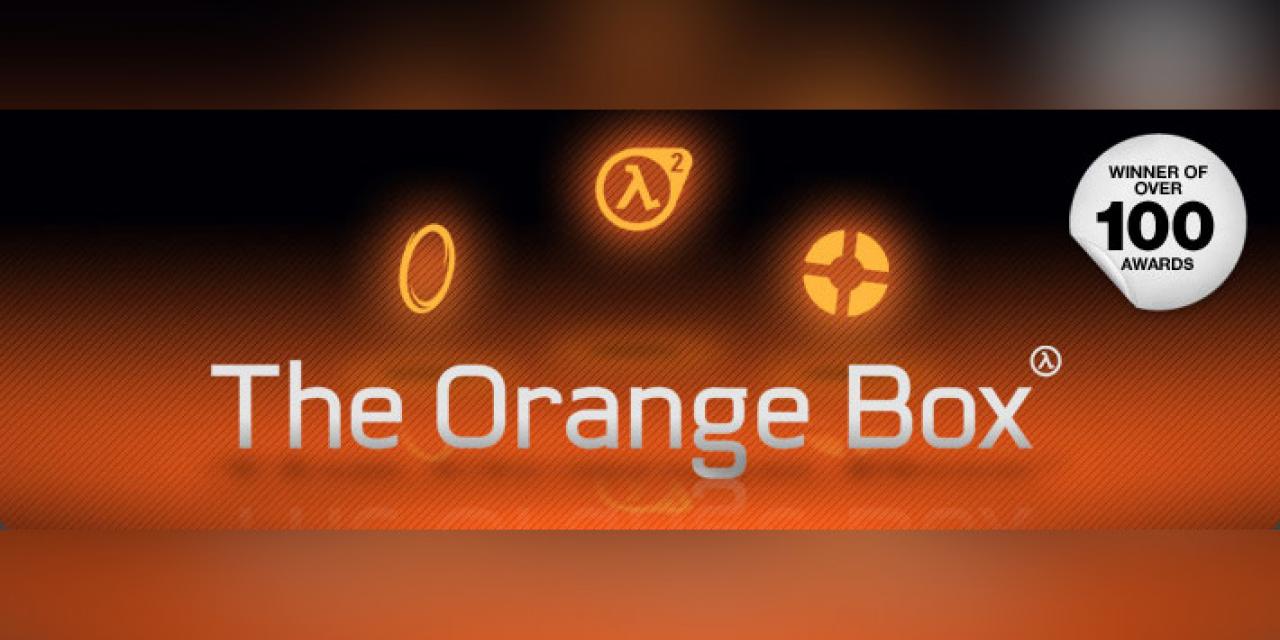
The Valve Orange Box bundle recently turned 10 years old, marking a decade since the release of some of the best first-person titles the PC has ever offered, but also a decade since Valve was seen almost exclusively as a game development company.
Although today game bundles are a dime a dozen, in 2007 that was certainly not the case, especially from a large developer like Valve. The Orange Box brought together Half-Life 2, Half-Life 2: Episode One, Half-Life 2: Episode 2, Portal and Team Fortress 2 in one release, most commonly boxed at the time, as digital downloads weren't anywhere near as popular then as they are now.
It received critical acclaim, especially for Portal, which was the surprise addition. While the other properties had already been released in some guises and the Half-Life and Team Fortress franchises already established, Portal was something brand new and it was extremely successful.
That was a relief to Valve. As it said in an interview with PCGamer, trying to ship several new games at once while bundling them with older ones was a very new move for the company and gaming as a whole. But it believes that without that collection of games, Portal might have had a harder time out of the gate.
"There wasn’t much of a history of first person puzzle games, let alone ones that combined a new gameplay mechanic with comedy," it said. "The Orange Box really solved Portal’s biggest challenge, which was to explain itself to players. By putting it in the Orange Box, we didn’t have to do the heavy lifting of explaining to people why they should buy this thing that was unlike anything they’d played before."
Another unique feature of the Orange Box was the Valve developer commentary. It allowed gamers to hear from the people who made their new favorite titles what they were thinking during certain segments of the games' design.
"Throughout our years of developing games, we constantly found that problems we thought were going to be straightforward to solve turned out to be nasty, thorny issues involving complex tradeoffs between design and technology. Often, that complexity was hidden entirely by the solution. So we thought it might be interesting to players if we could lift the rock and show them everything that’s going on underneath all that apparent simplicity. We’re game developers, so hopefully players will forgive us for thinking that game development is a fun thing to talk about."
It was. Players loved it and still do to this day.








